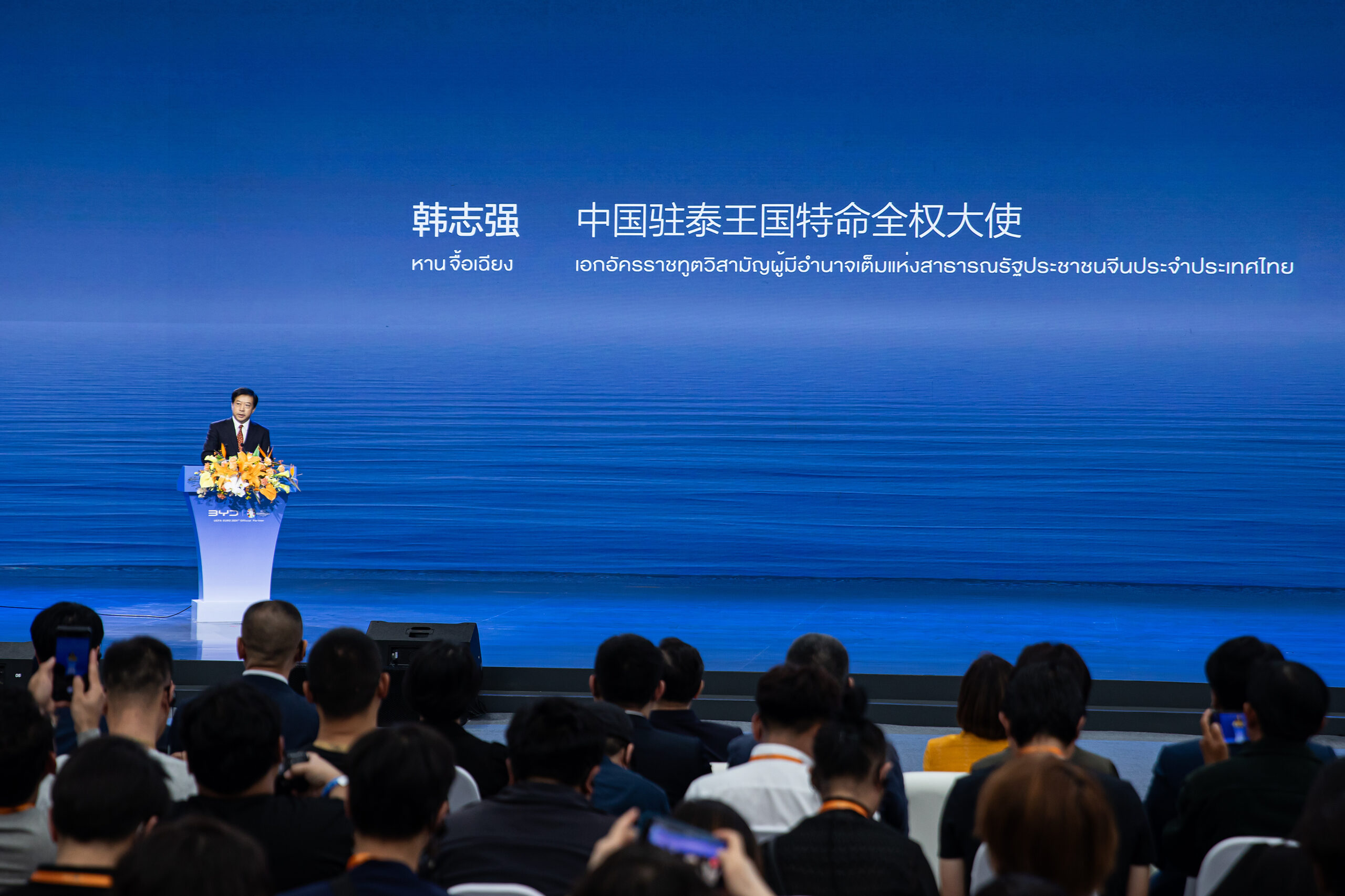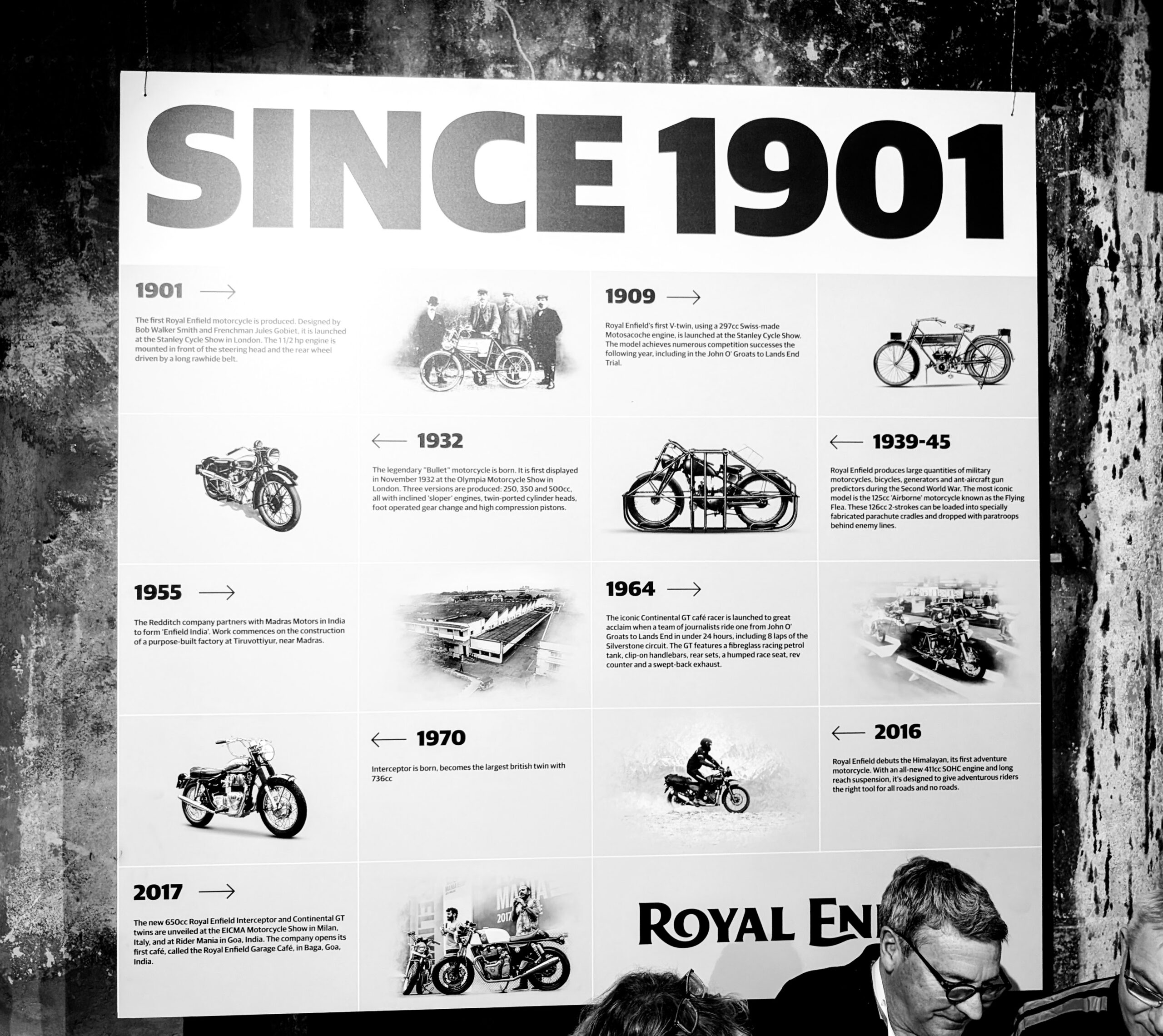As part of the EU-funded RAWMINA project, Cobre Las Cruces (CLC) is to test new technologies that seek to extract cobalt, tungsten, gold and silver from mine waste.
The pioneering extraction methods will provide critical raw materials that are essential for energy transition; both for the development of renewable energies and for new energy storage systems, such as electric vehicle batteries, RAWMINA says.
One of these methods is bioleaching: a hydrometallurgical process using microorganisms to extract metals from rocks. Compared with conventional metallurgical processes, bioleaching offers benefits such as lower energy and chemical consumption, reduced CO2 footprint and lower capital and operational costs.
The test will be conducted at the pilot plant built in 2016 by CLC as part of its future polymetallic refinery project. This project includes the development of an underground mine to exploit a new polymetallic deposit located beneath the previously exploited site (2009-2020), along with the world’s first polymetallic refinery of its kind, being built using technology patented by CLC to produce four refined metals: copper, zinc, lead and silver.
The RAWMINA project got underway in 2021 and is now entering its final phase. The project involves an international consortium consisting of 19 specialist partners from 10 countries.
CLC’s Director of Innovation and Environment, Joaquín Gotor, said: “With this project, we will be able to add new metals to our production portfolio using circular economy principles, contributing to the green transition of greater environmental sustainability.”
CLC is one of the most active Andalusian companies in the EU Horizon 2020 program, and participation in the Rawmina project adds to other R&D programs in which the Seville-based mining and metallurgical company actively collaborates. Among them is the European consortium METALLICO, which develops new innovative and sustainable methods to obtain strategic metals for battery manufacturing, such as lithium, cobalt, copper, manganese and nickel.
CLC also participates in the University Innovation Center of Andalusia, Alentejo, and Algarve (CIU3A), with a project to research the use of metals from the Andalusian Pyritic Belt to manufacture next-generation batteries for efficient renewable energy storage. In addition, CLC is part of the European Raw Materials Alliance, a major agreement to ensure the supply of key metals for the European industry.



